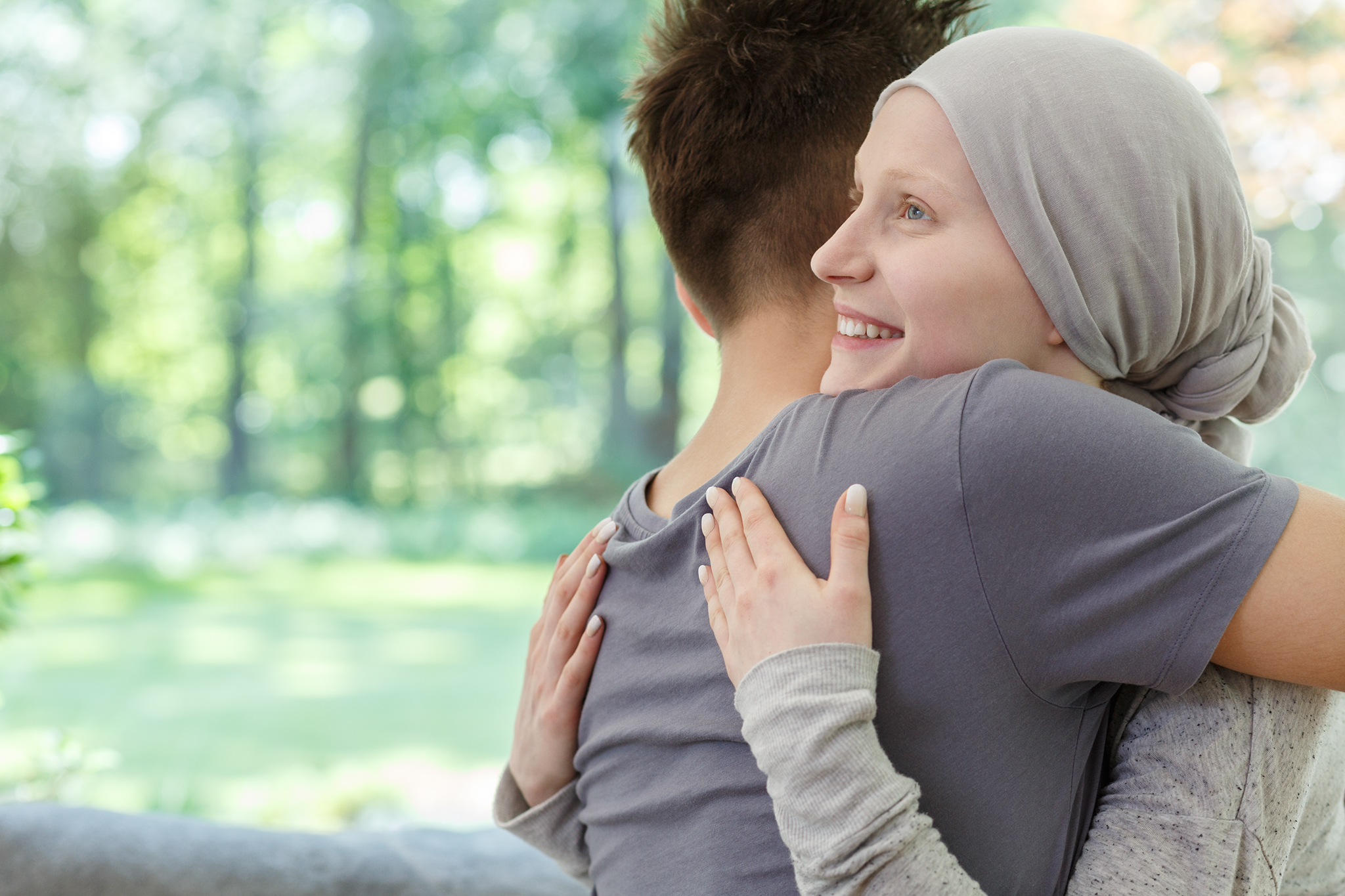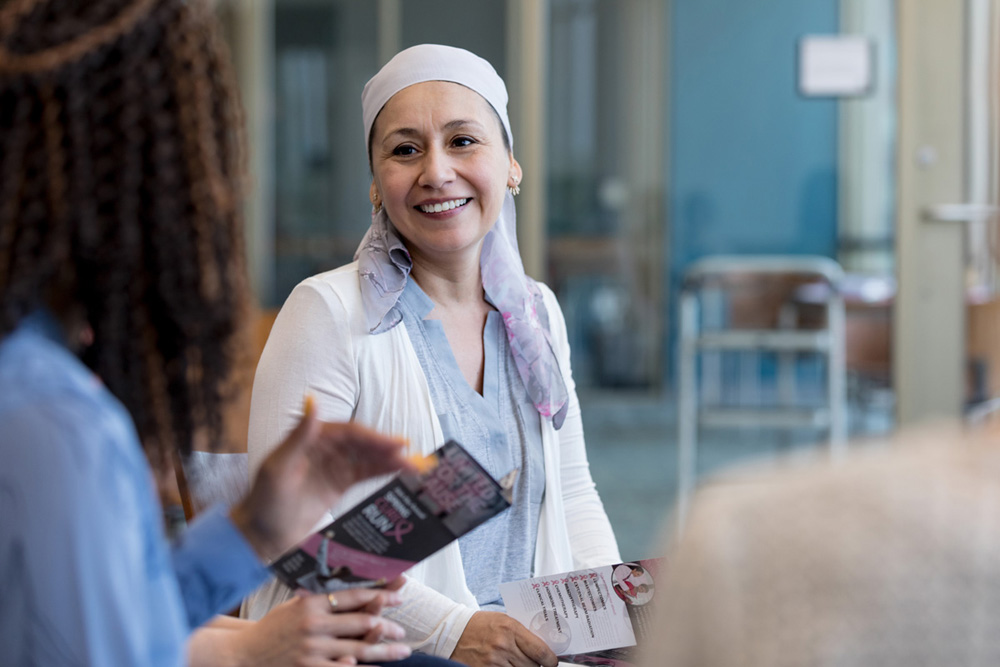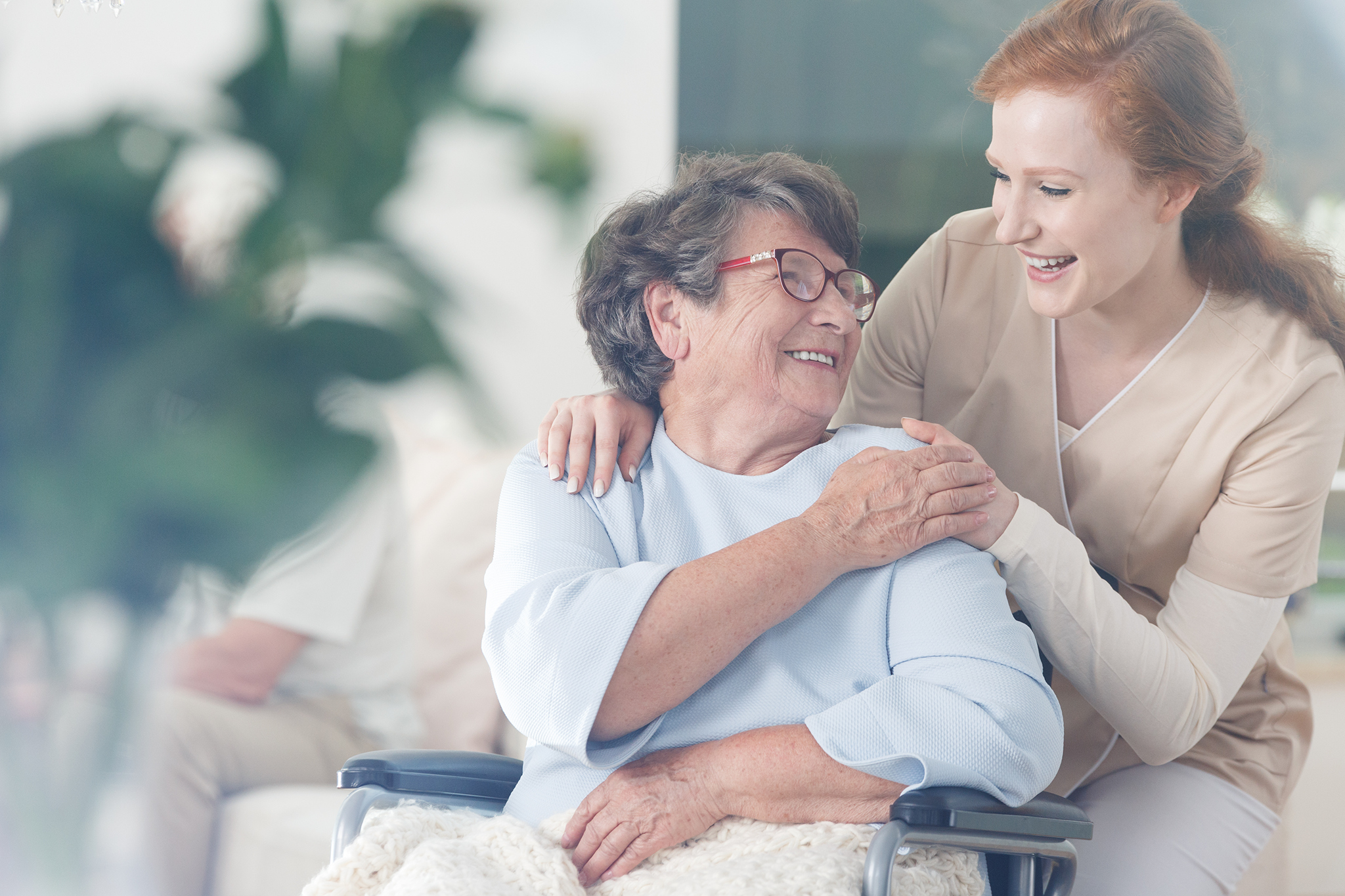- Patients
- Cancer treatments
- Chemotherapy and systemic anti cancer therapy
- Chemotherapy
- Chemotherapy side effects

Chemotherapy side effects
No cancer treatment is without side effects, and people can experience side effects from chemotherapy differently.
Side effects of chemotherapy
Chemotherapy side effects can depend on the type of chemotherapy you're receiving, and the type of cancer being treated. To help support you during your treatment, we have a range of interventions and therapies available.
Your consultant or chemotherapy nurse will explain the possible side effects of chemotherapy treatment. They'll be there with you every step of the way, with advice on how to manage these.
Our nurses and pharmacists have many years of experience. They understand what you’re going through and are here to give you expert advice and care. Thankfully, many side effects are short-term and soon pass when treatment stops.
We also offer complementary therapies and access to support groups that are proven to help people with cancer, through our partnership with the charity, Penny Brohn UK. They can help improve your quality of life during your treatment and beyond.
Everyone experiences side effects differently. If you have any concerns, or have a question that might not be answered below, please speak to our expert nurses and pharmacists. We're always happy to help.
We've put together a list of common chemotherapy side effects below, as well as links to helpful guides and further support.
Chemotherapy can weaken your immune system during treatment, making you more susceptible to infection. Your consultant will give you advice on how to recognise signs of infection and how to protect yourself against them. This can include:
- Washing your hands often with soap
- Avoiding close contact with people who may have an infection
- Having an annual flu jab
Chemotherapy works by attacking cancer cells. This can also affect the healthy cells in your bone marrow and can reduce your blood cell counts for the different types of blood cells in your body. Some of the side effects can include:
- Reduced white blood cells (neutropenia) – which can increase your risk of infections
- Reduced red blood cells (anaemia) – can cause you to feel very tired and weak, and maybe breathless
- Reduced number of platelets – can make you more likely to bruise easily or bleed more than normal
If your blood cell levels fall too low, your consultant may give you a short treatment break until your cell counts return to normal. Your consultant may also prescribe some injections to boost your blood cell counts or arrange for you to have a blood or platelet transfusion. If you continue to experience low blood cell counts, your consultant may suggest changing to a different type of chemotherapy drug, but they'll always discuss your options with you.
Don’t worry, a short break won't effect your treatment outcome but will allow your body time to recover enough to safely continue with your treatment.
Feeling fatigued (tiredness) is a very common side effect of chemotherapy. You might also feel weak, or like you don’t have any energy. This is part of feeling fatigued and is called lethargy.
Fatigue can increase as your treatment continues, especially towards the end of your treatment. Once you finish chemotherapy, your fatigue and energy levels should improve, but this can take a few months to feel back to normal.
It can be frustrating and sometimes hard to cope with, especially if you had a lot of energy before starting treatment. We’ve put together a helpful nutrition guide on managing fatigue-related side effects. We also offer exercise medicine as part of our integrated cancer care programme. Studies have found that people who exercise during treatment report less fatigue and a better quality of life compared to those who do not. Find out more about exercise medicine.
If you suddenly feel more tired than usual and out of breath, please let your care team know, as this could be a sign of anaemia.

Some chemotherapy drugs can cause your hair to thin or fall out, including your eyelashes, eyebrows and body hair. At GenesisCare, we offer scalp cooling, the latest technology which can prevent or minimise hair loss called the Paxman© scalp cooling system. Your chemotherapy nurse will be able to provide more information on this or you can learn more here.
Chemotherapy can also make your skin dry and sensitive and make your nails grow more slowly or break more easily. Our nurses and pharmacists are experts in managing these side effects and will be able to provide support and advice throughout your treatment.
Chemotherapy may affect your digestive system in one or more of the following ways:
- Feeling sick or being sick
- Diarrhoea
- Constipation
- Loss of appetite or changes to your taste
- A sore mouth, mouth ulcers or infection
We have highly experienced dietitians who work alongside your care team of nurses and pharmacists to help address any digestive side effects you may experience.
Chemotherapy may affect your sex life because you feel more tired or sick, making you less interested in sex. However, this should improve after your chemotherapy ends.
Some chemotherapy drugs can affect your fertility and, in some women, lead to early menopause. Your consultant will talk you through the side effects of your prescribed chemotherapy drug and discuss your options and if you want to preserve your fertility. They’ll also discuss your option if you have plans to become pregnant in the future and can refer you to fertility specialists to help support you further.
Some chemotherapy drugs can affect the way your kidneys, liver, heart or lungs work. We regularly perform tests and investigations to monitor them. These changes are usually temporary, but some people may be affected permanently. Your consultant will talk about the side effects you might experience from your prescribed chemotherapy drug and how best to support you. Even after your treatment ends, we will still be here to support you and provide advice.
Some chemotherapy drugs can cause tinnitus (ringing in the ears) or difficulty hearing high-pitched sounds. These changes are usually temporary and improve over time, but some people may be affected permanently. Your consultant will discuss this side effect with you, and they’ll be able to support and advise you if this is something you begin to experience.
Some chemotherapy drugs may damage nerves in your body, especially in your hands and feet. This can cause numbness or a pins and needles feeling. It usually improves over time but can take many months to settle. At GenesisCare we offer the latest cooling therapy to prevent and manage chemotherapy-induced peripheral neuropathy and hand-foot syndrome, learn more here.
Our nurses and pharmacists are also available to give you advice and support on how best to manage these side effects if you begin to experience them. Our physiotherapists can also help suggest exercises to help ease these side effects through our exercise medicine programme.
You may find you become forgetful or unable to concentrate during or after chemotherapy treatment. This is sometimes called cancer-related cognitive changes (CRCC), chemo brain or chemo fog. These changes in concentration or memory are usually mild and should gradually return to normal after your chemotherapy has ended.
Top 7 myths about chemotherapy side effects
We know going through treatment can sometimes feel overwhelming, and you may have heard things about chemotherapy that you're unsure about. We've asked our expert head of nursing to debunk the top seven myths of chemotherapy side effects.
We’re here to support you
You may find that some of the side effects are mild, and you can manage them from home. However, we understand that sometimes, you’ll need support, and our chemotherapy nurses will be with you every step of the way. We often have medication to help ease side effects or other ways to support you and most side effects will slowly fade and stop once you finish chemotherapy.
Hilotherm® ChemoCare
Hilotherm® ChemoCare is a cooling therapy used to prevent side effects of:
- Chemotherapy-induced peripheral neuropathy (CIPN)
- Hand-foot syndrome (HFS)
During treatment, chemotherapy can sometimes cause damage to your nerve endings and tissue in your hands and feet. This can feel like tingling, numbness or pain that can persist after your chemotherapy has ended.
At GenesisCare, you may be offered Hilotherm ChemoCare alongside your chemotherapy, so we can help prevent these side effects from the very first step.
Hilotherm ChemoCare is a cooling system placed on your hands and feet using hand and foot cuffs. The cuffs cool your hands and feet to 15 - 17°C. Cooling your hands and feet slows the blood flow to them and is proven to reduce potential damage chemotherapy can cause to your nerves and tissue in those areas.
Find out more about Hilotherm® ChemoCare
Paxman scalp cooling
Paxman scalp cooling is a cold cap system that we use to help reduce hair loss during chemotherapy. Losing hair during chemotherapy is a common worry and can be a difficult side effect to experience.
By cooling your scalp between 18° and 22°C, it causes the blood vessels in your scalp to constrict, reducing the amount of chemotherapy that can reach them, limiting potential damage and hair loss.
Find out more about Paxman© scalp cooling

Contact us today
If you have other questions about chemotherapy, or feel you might need support, contact us today. We’re here to help.